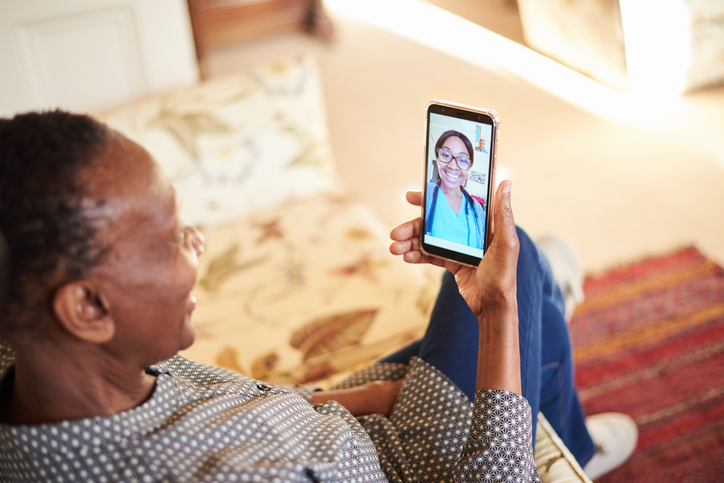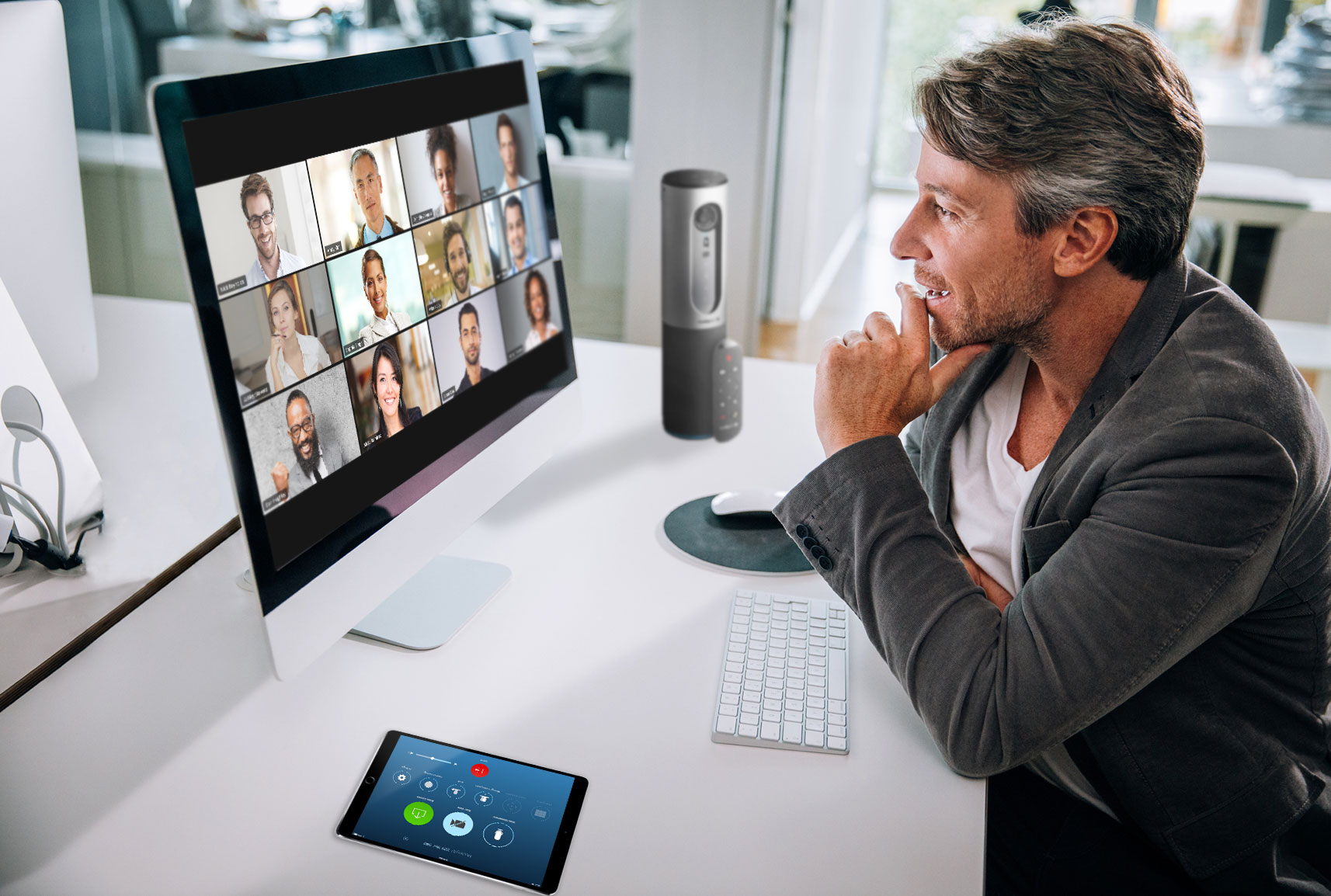
How Healthcare Leaders Are Reacting to the Government Shutdown
The government shutdown is drawing backlash from healthcare leaders over its potential to disrupt ACA subsidies, Medicare telehealth access and programs like SNAP.

The government shutdown is drawing backlash from healthcare leaders over its potential to disrupt ACA subsidies, Medicare telehealth access and programs like SNAP.

A group of healthcare organizations sent a letter to Congressional leaders urging them to permanently extend Medicare telehealth flexibilities introduced during the Covid-19 pandemic.

The DEA recently released three rules regarding the remote prescribing of controlled substances. However, many telehealth advocates argue that two of these rules hinder access to care.

The DEA recently announced the third extension of Covid-19 flexibilities for the virtual prescribing of controlled substances. Telehealth advocates applaud this move but remain hopeful for a more permanent solution in the future.

Telehealth advocates are calling on Congress to act quickly on Medicare telehealth flexibilities, which are set to expire at the end of the year. Doing so would help key healthcare stakeholders prepare.

HHS recently released a final rule that allows practitioners in Opioid Treatment Programs to start patients on methadone or buprenorphine via telehealth. However, the final rule does not apply to the broader range of providers, leading telehealth advocates to call for additional changes from the DEA.

The American Medical Association recently released its comments on the DEA’s proposed rules for controlled substance prescribing via telemedicine. Many telehealth providers are supportive of the organization's recommendations, such as its suggestion to extend the timeframe patients have to refill their buprenorphine prescription after their initial supply is prescribed via telemedicine.

The DEA recently released proposed rules that would require an in-person visit before a patient can receive a telehealth prescription for a controlled substance. The DEA touts the change as a way to ensure patient safety, but several telehealth advocates argue it will greatly disrupt access for those who need the drugs — especially at a time when the mental health and substance use crisis is growing.

The Covid-19 public health emergency waived a rule that required a practitioner to conduct an in-person medical exam before prescribing controlled substances via telemedicine. Once the public health emergency ends on May 11, those with substance use disorder could be greatly affected, experts are warning.

At the beginning of the pandemic, we were celebrated as heroes. Now the heroes are asking for help in addressing this new phenomenon of empathy fatigue. If we fail to ignore this crisis of compassion, patients and clinicians will continue to suffer.

Leaders in healthcare draw attention to the myriad ways cloud computing technology is transforming healthcare.

Four experts with the VA, Providence St. Joseph Health, Microsoft and One Medical shared what is needed for continued adoption of telehealth. Most pointed to better integration with clinical workflows and new payment models as future drivers for growth.

During a Monday hearing, the Senate Committee on Health, Education, Labor and Pensions discussed which changes to telehealth coverage made during the Covid-19 pandemic should stay.

With Sansoro's solution, a telehealth platform can access EHR data and get it in real time, CMO Dave Levin explained in an interview at this year's American Telemedicine Association conference.

There are numerous ways AI is being used at the patient bedside, and even big companies like Google are leveraging the technology in healthcare. But it'll be some time before machines completely take over for clinicians.